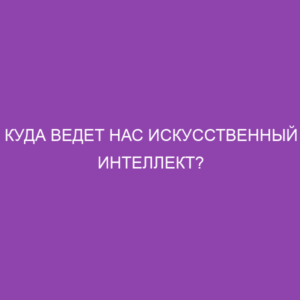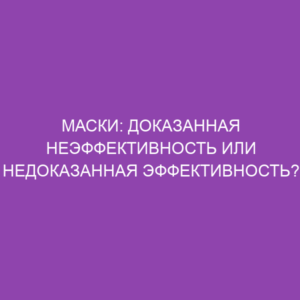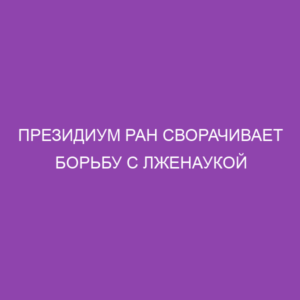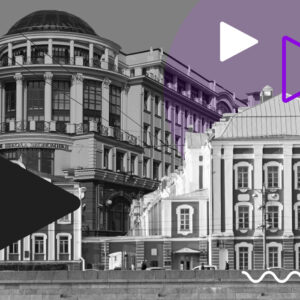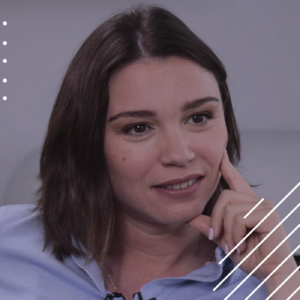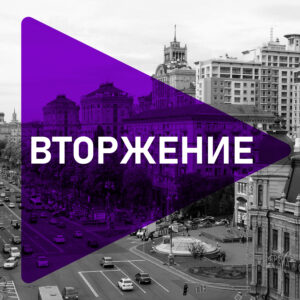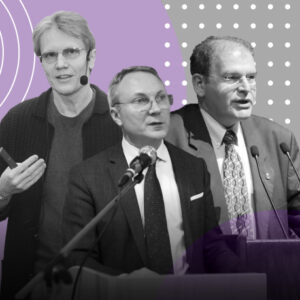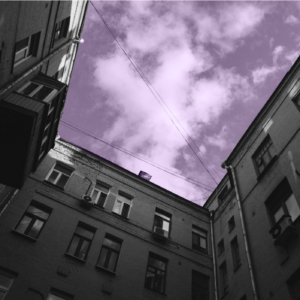How should we perceive the new generation of AI systems, what to expect of them, and how will they change us? Scott Aaronson, an AI security specialist, talked about this in an interview to Sergei Nemalevich, a science journalist of Radio Liberty. It’s a good starting point for those who have not yet realized how serious things are.
February 2023
According to the new Cochrane meta-analysis, the effectiveness of masks against the spread of respiratory infections has not yet been proven. However, they assess the reliability of this conclusion is low because the available research is inconclusive. Science journalist Ira Yakutenko explained in detail why this is the case. We can argue there until the proper research arrives.
Machine translation The other day it turned out, according to the Club of Academicians “July 1”, that in December 2022 the Presidium of the Russian Academy of Sciences decided «to transfer the functions of the RAS Commission on Combating Pseudoscience and the RAS Commission on Counteraction to Falsification of Scientific Research to the Expert Council of the RAS». The leaders of the commissions were not even informed about this. In 2018, the RAS Commission on Combating Pseudoscience was split into two, severely limiting the right to public statements (only with the approval of the Presidium of the RAS). Now
How Russian mathematics lost to the war. Is there any chance, in the conditions of external isolation, to preserve a living system of mathematical knowledge in Russia through international solidarity, personal connections, and secret online teaching?
Charles University opens a Master's program in Russian. Why it was in demand amidst the war, explains Zhanna Nemtsova, co-director of the Boris Nemtsov Academic Center at the Faculty of Arts of Charles University.
Science during war with the voices of scientists from Ukraine. Why Ukrainian scientists are not given scientific visas to the USA and other countries? How to help scientists who stay to work in Ukraine? What kind of science is possible in Ukraine of the future? Episode 1. Podcast Invasion.
T-invariant survey: how the war affected Russian science and scientists themselves. Historical rhymes with the scientific emigration of the 1920s, relations with Ukrainian colleagues, isolation of Russian universities, faint hopes and gloomy predictions.
The T-invariant is a media with the mission to constantly remind us of timeless civilizational invariants, and to unite the community of people who hold them as living values.


